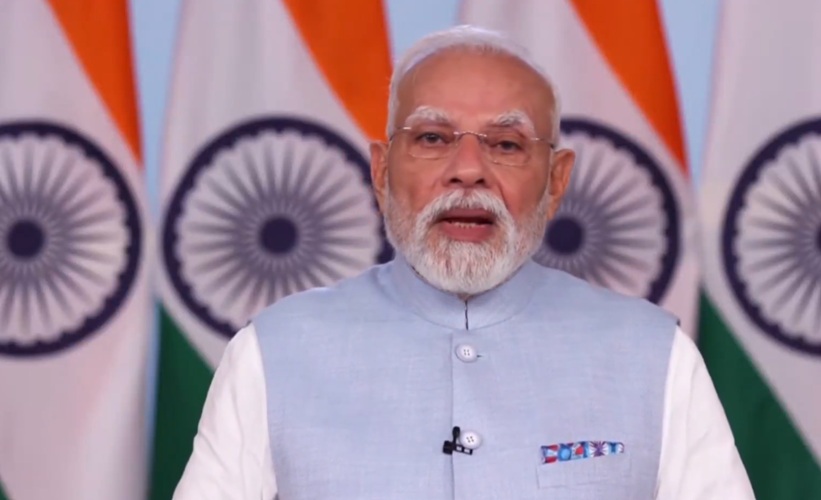New Delhi: The Congress on Thursday claimed that Prime Minister Narendra Modi’s decision to attend the upcoming ASEAN summit in Malaysia virtually, instead of travelling in person, stems from his reluctance to face US President Donald Trump, who will also be present at the event.
Congress communications in-charge Jairam Ramesh alleged that the Prime Minister is avoiding a potential encounter with Trump, saying it would be “too risky” for Modi given the former US president’s repeated statements about India’s policies.
“Posting messages in praise of President Trump on social media is one thing, but to be seen hobnobbing physically with the man who has claimed 53 times that he stopped Operation Sindoor and five times that India has promised to stop buying oil from Russia is far too risky for the PM,” Ramesh wrote on X.
Ramesh took a jibe at the Prime Minister, saying Modi’s absence means “a loss of photo opportunities with world leaders” and accused him of backing out to avoid being “cornered” by Trump.
“He refused an invitation to the Gaza peace summit in Egypt for the same reason,” the Congress leader added.
Government sources, however, attributed the Prime Minister’s non-attendance to “scheduling issues.”
External Affairs Minister S. Jaishankar is expected to represent India at the ASEAN-related meetings, scheduled in Kuala Lumpur from October 26 to 28.
ALSO READ: Purvca Samvad 2025 to spotlight sustainable urban mobility in Northeast India
There has been no official statement from the Ministry of External Affairs regarding the level of India’s participation.
Sources indicated that Modi might still join the ASEAN-India summit virtually.
Malaysia has invited several global leaders, including Trump, who is slated to visit Kuala Lumpur on a two-day trip starting October 26.
Prime Minister Modi has led India’s delegation to the ASEAN-India and East Asia summits in recent years.
The ASEAN (Association of Southeast Asian Nations), comprising 10 member countries, has been a key regional partner for India, with cooperation expanding across trade, investment, and strategic affairs since the dialogue partnership was elevated to a strategic level in 2012.















